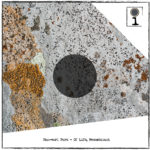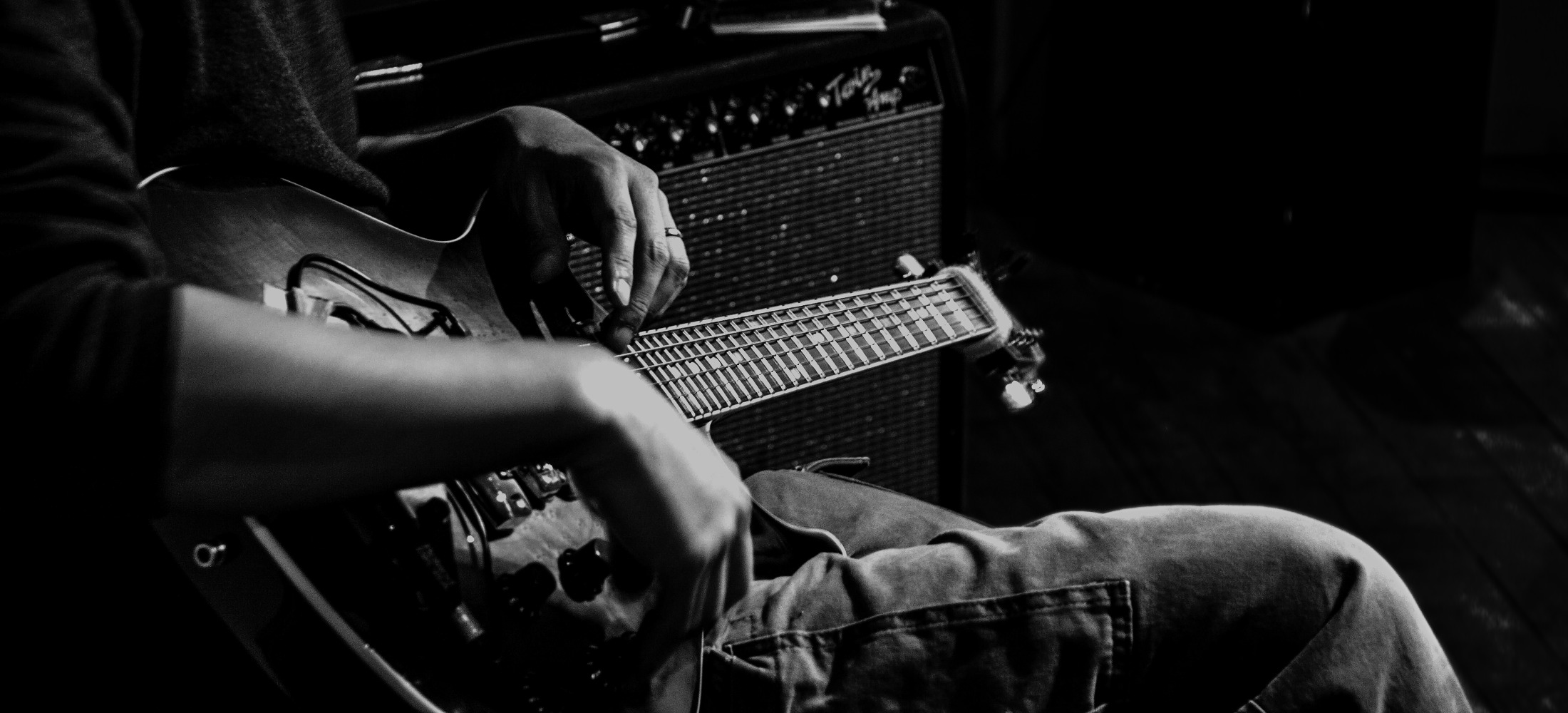As part of the ‘New Work’ series, Jazz Right Now has published my piece on work(ing) during these pandemic times; times of “uncertainty, anxiety, and of doubt.” In the article, I reflect on the perverse desire for artistic ‘productivity’; the breaches between public and private spaces; the artistic commemoration this time, this condition; and the need for creative work that frustrates:
The rogue strand of RNA danced its dance with humanity. It’s beautiful in its own way. Poetic—messy, terrifying, mesmerizing—in its own way.
R-nought.
New words and expressions entered the vernacular. Old words came to denote less—more specific things—but encapsulate and carry more meaning: of fear, uncertainty, yes, but also fascination. We’re being transformed, across porous borders, through language. Soon, those of us who lived through this, might share these as shorthands. ‘Variant’ means something. It has a texture and resonance and feel and vibe that can’t be captured by a Merriam-Webster.
I reflect on how pre-pandemic cultures (and culture-industrial complexes), with its obsession with authority and coherence and narrative, ill prepared us for the complexity and discord and messiness of the present. That maybe if we had held closer these prickly, uncomfortable, inconvenient, noisy heterophonies we, as societies, may have been more capable of facing the chaos, or dancing the dance of humanity v. RNA. [Read the rest…]
Thanks to Cisco Bradley for inviting me to contribute to this series, and thanks so much to Cristina Marx for the photography.
Watch the rest of the #lockdownminiature series on Twitter and Facebook.
Out now on NEWJAiM Recordings

